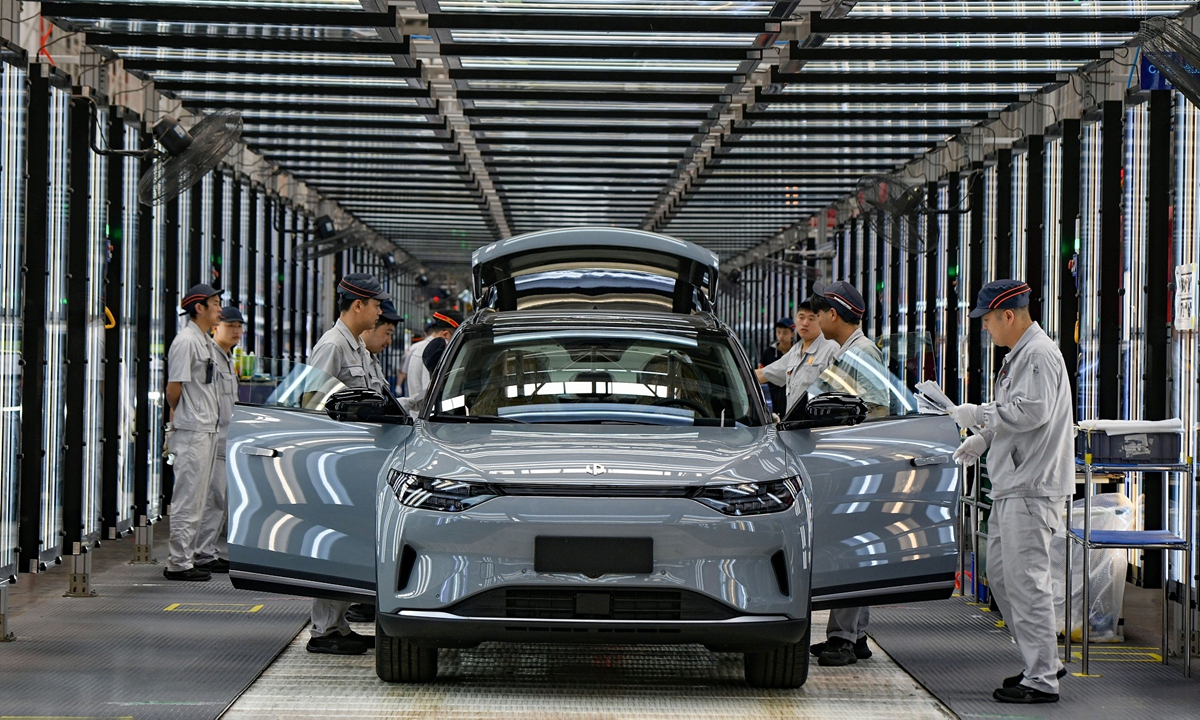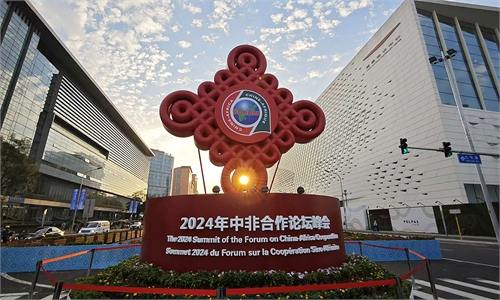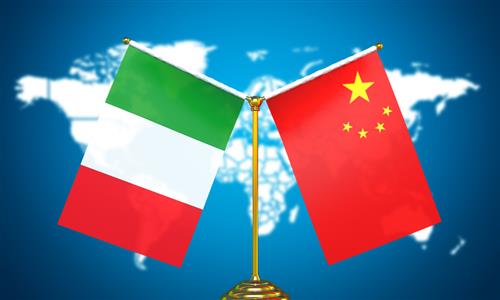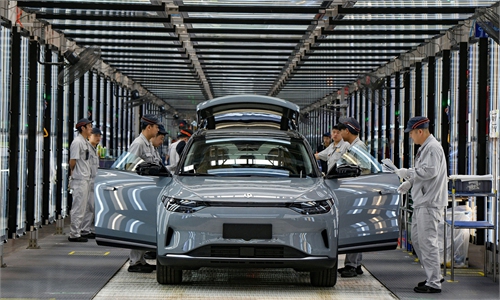
Workers complete assembling an electric vehicle (EV) at China's EV start-up Leapmotor in Jinhua, East China's Zhejiang Province on April 1, 2024. The smart EV factory delivered 14,567 new vehicles in March, a yearly increase of 136 percent. Photo: VCG
Hungarian Prime Minister Viktor Orban's remarks about the country's focus on electromobility as a cornerstone of its industry policy and about cooperation with Chinese electric vehicle (EV) firms highlighted the vast potential for future cooperation between China and Hungary, a Chinese expert said on Sunday.
During his year-end international press conference on Saturday, Orban said that "for us, the defining issue of the next decade will be electromobility, and it's not just about mobility but about electro-specifically," the Xinhua News Agency reported.
The Hungarian Prime Minister also mentioned a factory of Chinese firm BYD in the country's southern city of Szeged, which is said to become the first Chinese EV factory in Europe to go into operation, the report said.
"Orban's remarks highlighted the development opportunities of Chinese companies in the Hungarian market," Sun Yanhong, a senior research fellow at the Institute of European Studies of the Chinese Academy of Social Sciences, told the Global Times on Sunday.
Sun noted that China and Hungary have maintained stable relations and Hungary has been very active in attracting foreign investment. "In the field of investment, there is still huge potential for cooperation between China and Hungary."
In addition to the BYD plant, Chinese EV battery giant CATL is also building a massive factory in Hungary, which has been described by Hungarian authorities as the biggest greenfield foreign direct investment project in the country. The battery plant is scheduled to start production in 2025, Hungary Today reported in November.
The growing EV cooperation between China and Hungary comes as the EU investigated and subsequently announced hefty additional tariffs on Chinese EVs. Hungary is among several EU member states that voted against the tariffs, according to POLITICO. At his press conference on Saturday, Orban also commented on the China-EU EV dispute, saying that "it is a consequence of bad European policy."
China and the EU have been holding price commitment negotiations over the dispute. Asked about the progress of the talks at a press conference on Thursday, He Yongqian, a spokesperson for the Chinese Ministry of Commerce, said that China has always advocated resolving trade frictions through dialogue and consultation, and has been making its best efforts in the negotiations. "It is hoped that the EU side will take practical actions as soon as possible and jointly advance consultations with China," He said.
Cui Hongjian, a professor at the Academy of Regional and Global Governance at Beijing Foreign Studies University, said that EV will likely become a main area of economic and trade cooperation between China and Hungary, given Hungary's desire to develop its EV sector and China's robust EV supply chain capabilities.
Moreover, growing bilateral cooperation between China and Hungary in the EV industry will also set a great example for other EU countries despite tensions, the expert said.
"China-Hungary cooperation in the EV industry not only injects fresh impetus into bilateral economic and trade cooperation, but also creates more possibilities for improvement and development of China-EU ties," Cui told the Global Times on Sunday. "This cooperation model could become a new benchmark for win-win China-EU economic and trade cooperation in the future."




